Services
Eyecare Services in Cinnaminson
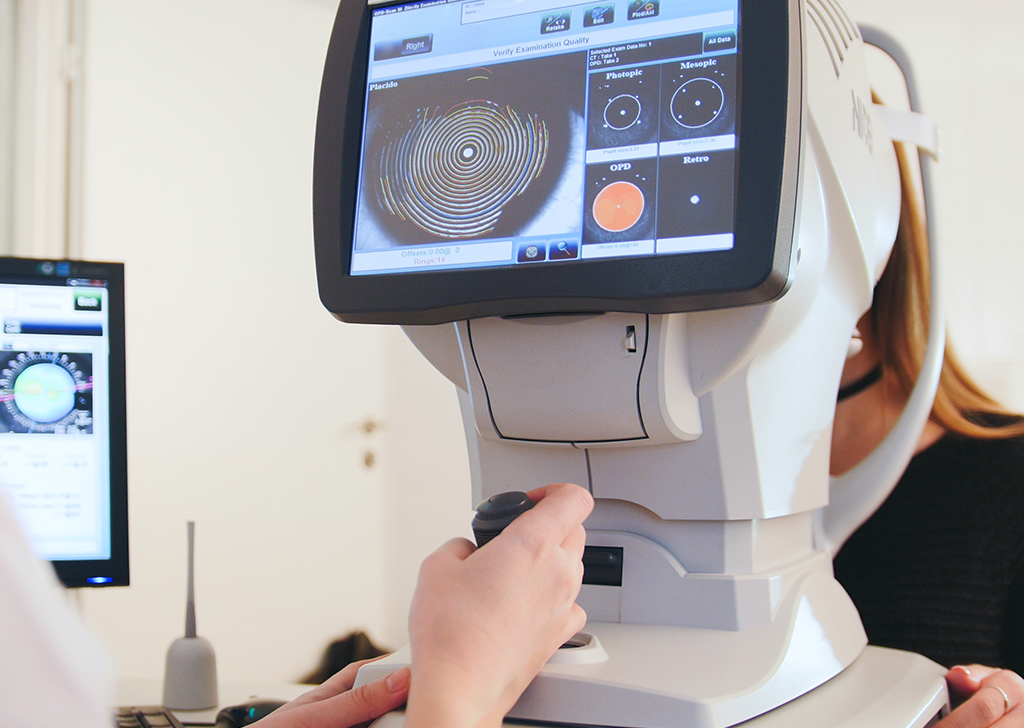
Comprehensive Eye Exam
Routine eye exams are a vital aspect of preventive eye care. Without routine eye exams, vision issues often go undetected since most eye disorders don't have clear symptoms.
Learn More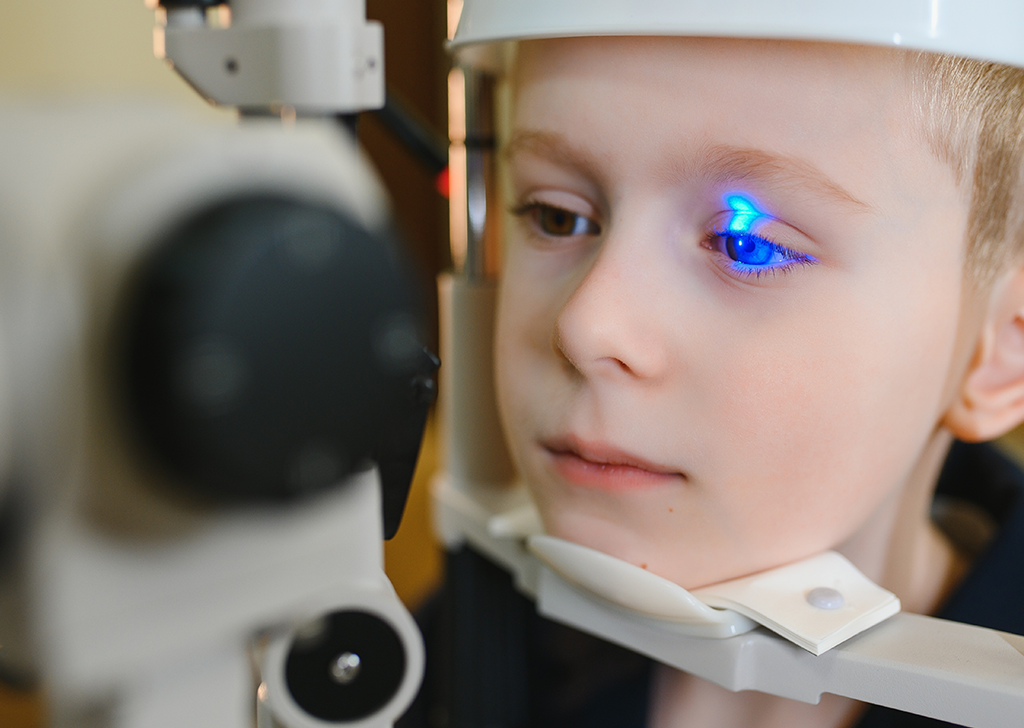
Pediatric Eye Exam
A thorough investigation of your child's overall health of the eye and the visual system is important since some childhood vision problems can lead to permanent vision loss if left untreated.
Learn More
Myopia Management
Myopia is a very common condition around the world, but its prevalence does not mean it should be taken lightly.
Learn More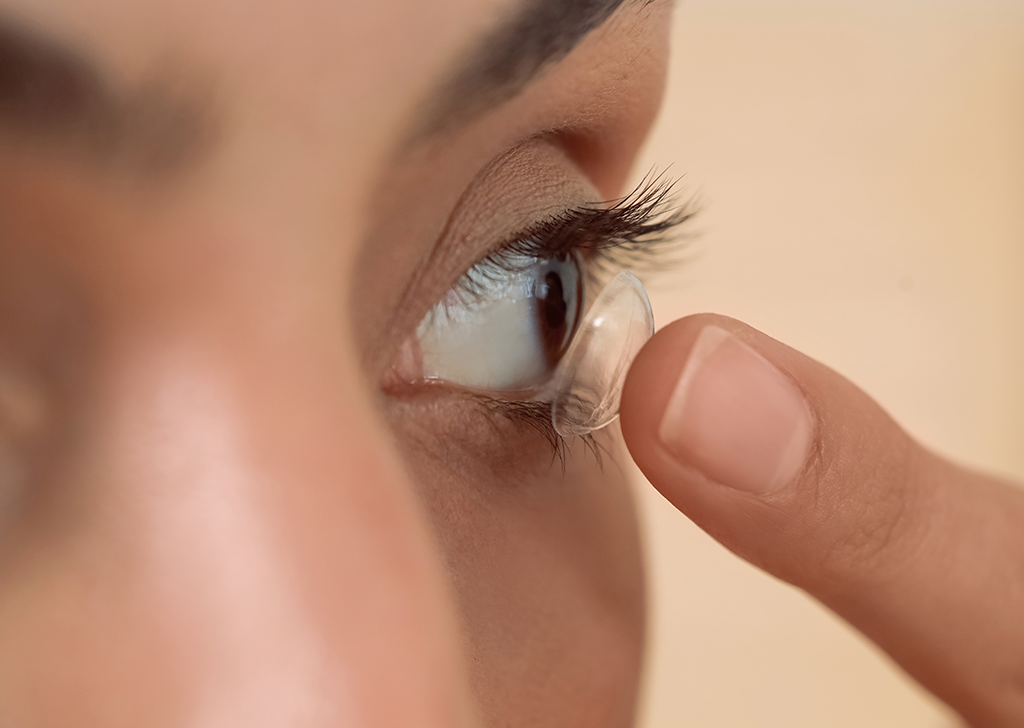
Specialty Contact Lenses
Every patient is different and so are their eyes. This means that there need to be different types of contact lenses to suit each individual.
Learn More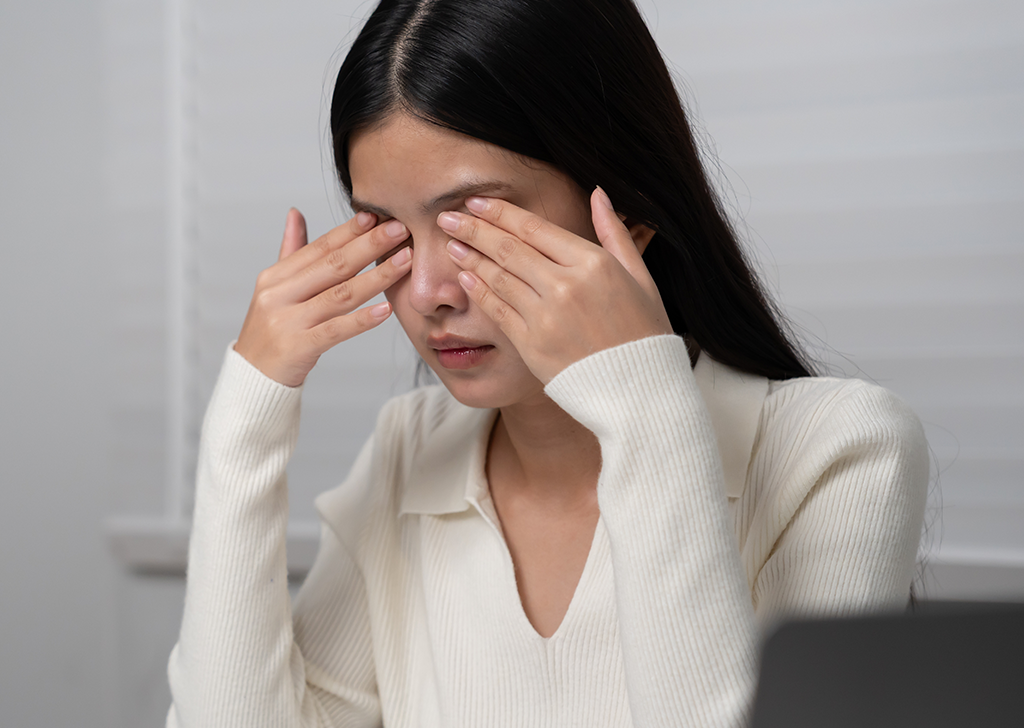
Dry Eye Treatment
Dry Eye can have a major impact on your quality of life. You may find your eyes get tired faster or you have difficulty reading.
Learn More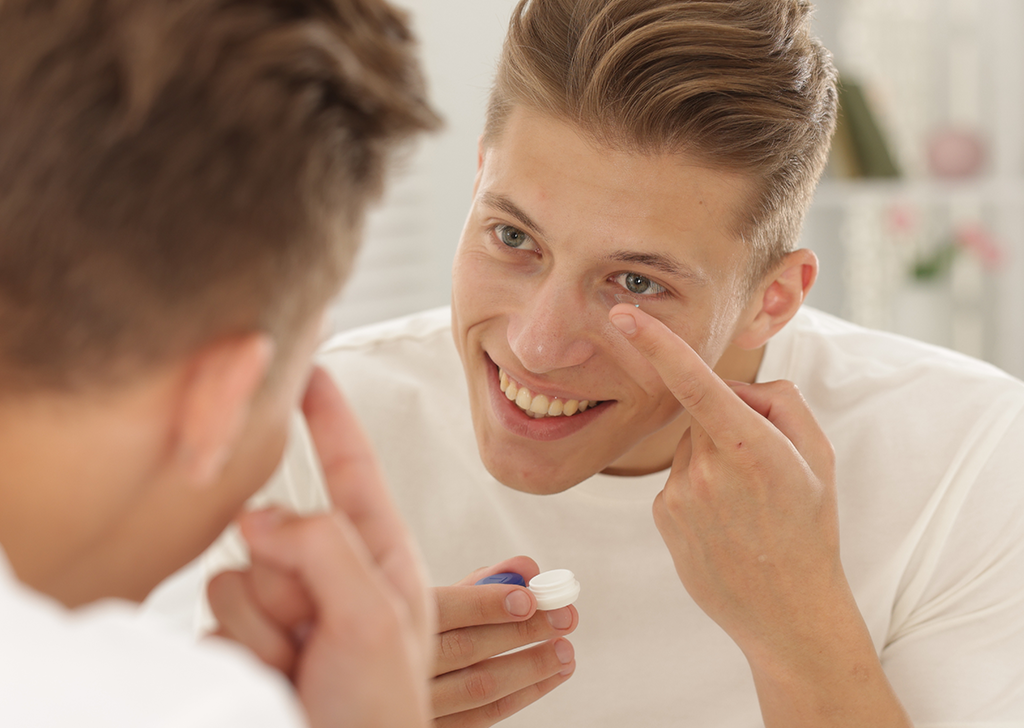
Contact Lens Exam
If you’ve never worn contact lenses before, it can seem a bit intimidating. After all, you’re inserting something into your eye! Let’s ease your mind about the first step – your contact lens exam.
Learn More
Cataracts
If you’ve been diagnosed with cataracts, you may wonder if cataract surgery is right around the corner. Not to worry. There are many preventive steps you can take to slow the progression of cataracts and preserve your vision. That doesn’t mean you won’t eventually need surgery, but you can at least delay the need for quite a while.
Learn More
Common Eye Disorders
People will often experience some type of eye disorder during the course of their lives.
Learn More
Eye Emergencies
Eye emergencies cover a range of incidents and conditions such as; trauma, cuts, scratches, foreign objects in the eye, burns, chemical exposure, photic retinopathy, and blunt injuries to the eye or eyelid.
Learn More
Computer Vision Syndrome
Just a few decades ago, computer vision syndrome (CVS) was not known or understood. However, with an increase in the role of computers in our lives, it has become an increasingly common issue.
Learn More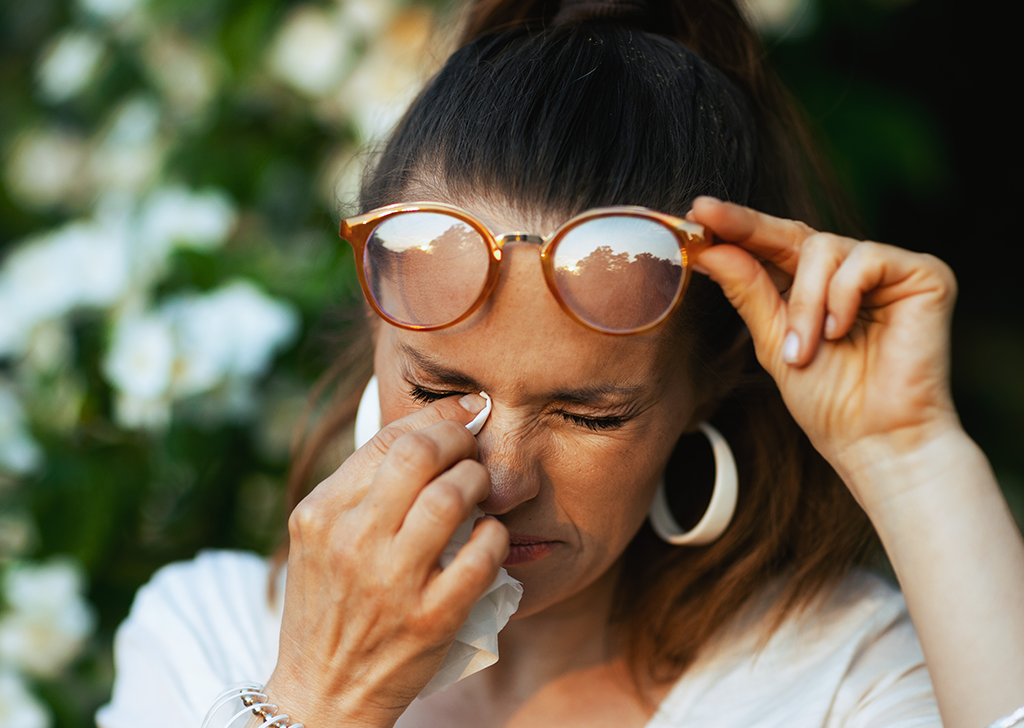
Seasonal Allergies
Seasonal allergies is a medical condition similar to other forms of allergies that occur when the body's immune system reacts to an external material in the environment during seasonal periods when plants and trees are pollinating.
Learn More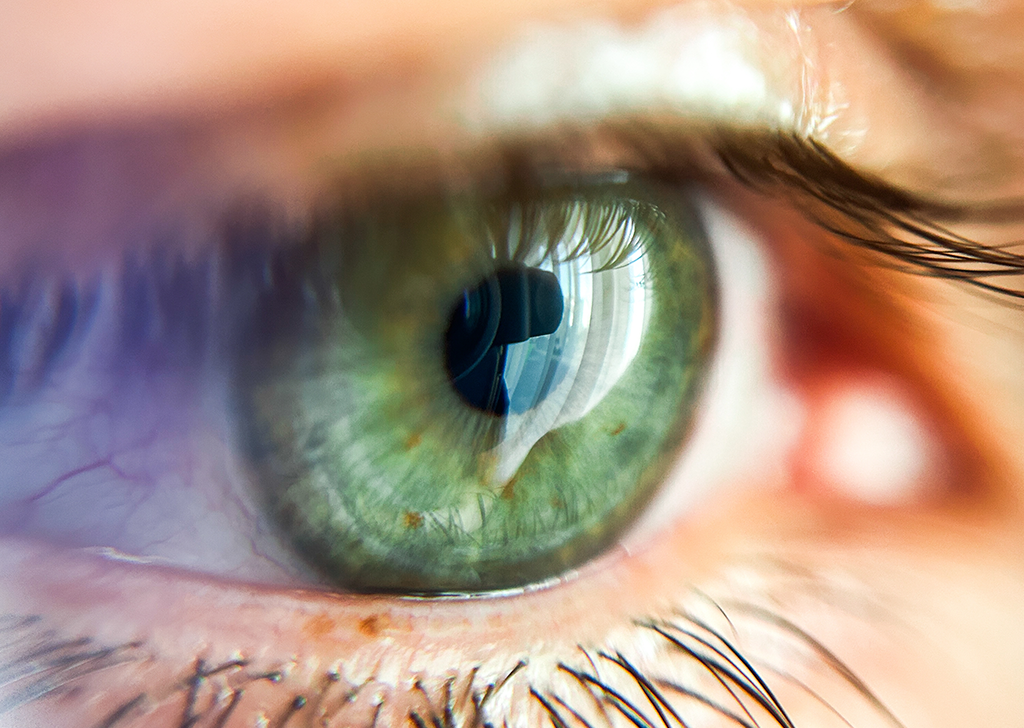
LASIK Evaluation
LASIK is the number one elective surgical procedure today, and more than a million Americans have had the procedure since its inception.
Learn More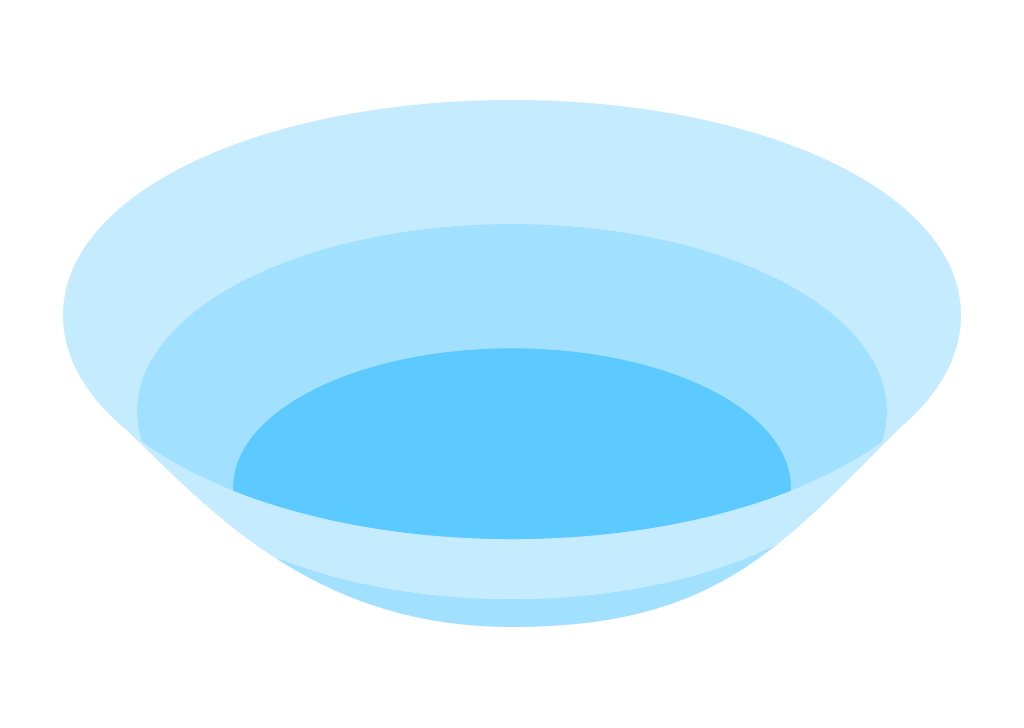
Scleral Contact Lenses
Contact lenses come in a variety of shapes and styles to suit the range of needs for individual patients. What this means is that there is almost certainly a type of contact lens that will both feel comfortable for you and improve your vision.
Learn More
Ortho-K
Many patients come to us every day struggling to get through their daily lives with their current choice of vision correction. Some have eyeglasses that do not sit properly on their face or feel that their peripheral vision is hindered by the frames. While contact users may find the lenses uncomfortable or have them fall out at inconvenient times.
Learn More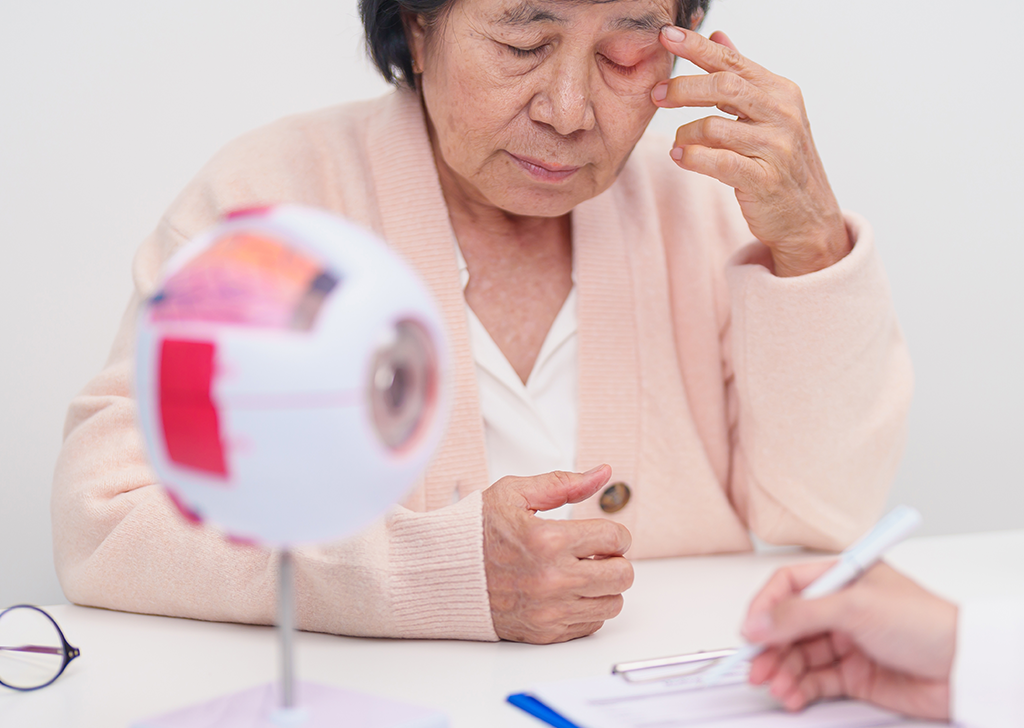
Diabetic-Related Eye Exam
You have almost certainly heard of diabetes, which is one of the most common chronic health conditions in the United States with an estimated 100 million adults currently living with diabetes or pre-diabetes.
Learn More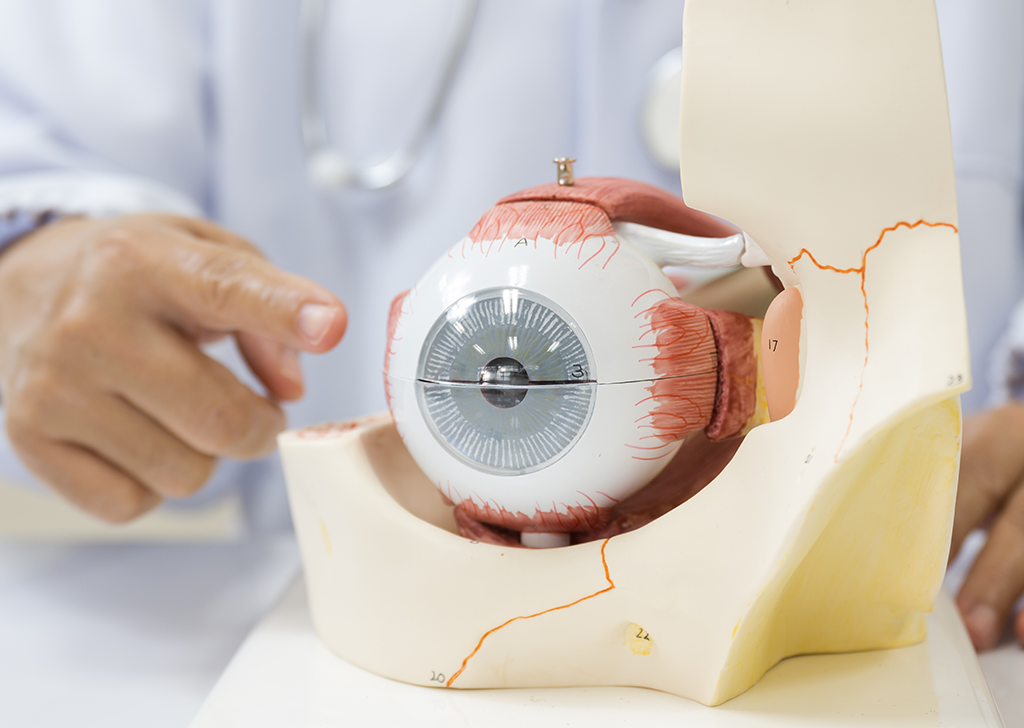
Glaucoma
If you’ve been diagnosed with glaucoma, you’re probably already familiar with the typical options in glaucoma treatment – eye drops, laser treatment or traditional surgery.
Learn More
Macular Degeneration
Macular degeneration, commonly referred to as age-related macular degeneration (AMD), is the single largest cause of sight loss in the developed world and affects more than 10 million Americans.
Learn More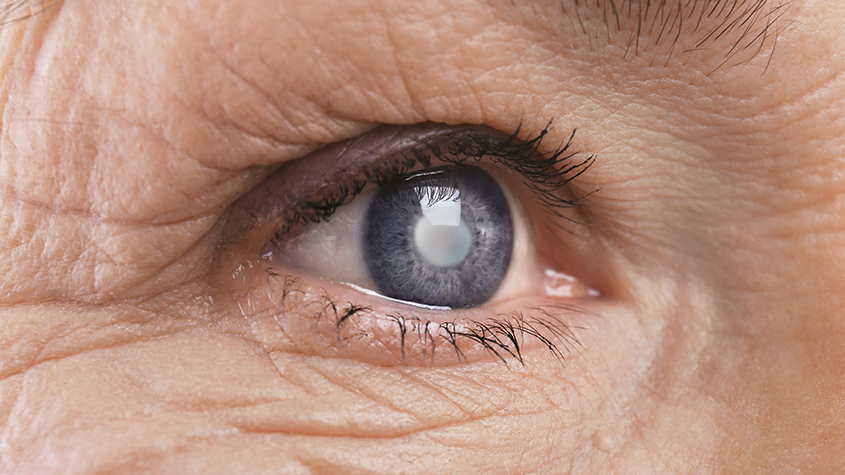
RX Sight
The Light Adjustable Lens (LAL) offers a groundbreaking treatment. The LAL is the first and only lens to be adjusted after cataract surgery. This means that once the eye has healed, the lens can be fine-tuned using the Rx Sight, allowing for precise adjustments to achieve optimal vision.
Learn More
Low Level Light Treatment
Dry eye is a common condition that occurs when the eyes do not produce enough tears or when the tears evaporate too quickly. There are several factors that can contribute to dry eye, including environmental factors, hormonal changes, and certain medications. Additionally, conditions such as meibomian gland dysfunction and blepharitis can also lead to dry eye.
Learn More
Avulux
The only clinically proven lens for people living with migraine and light sensitivity.
Learn More